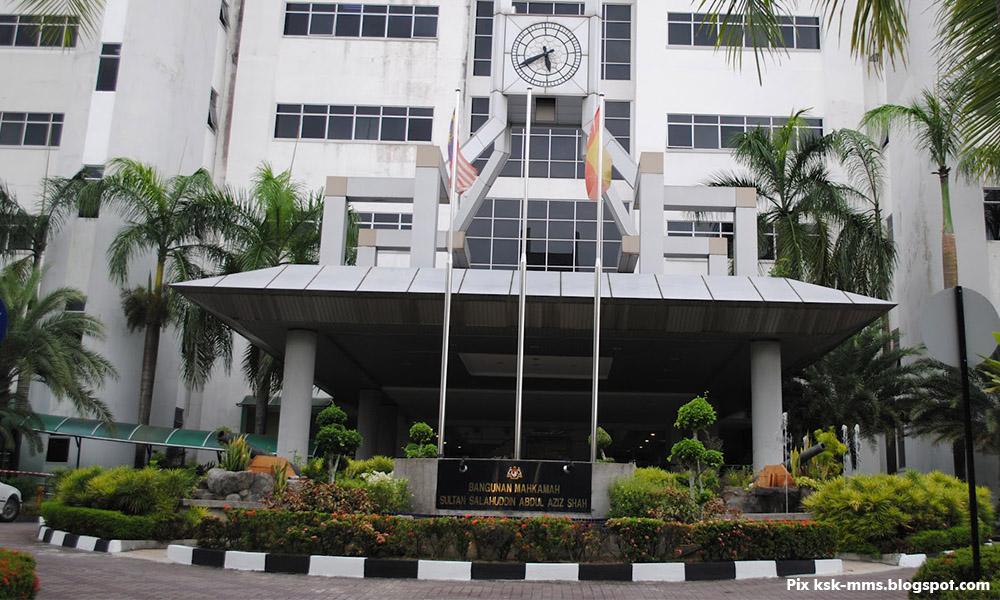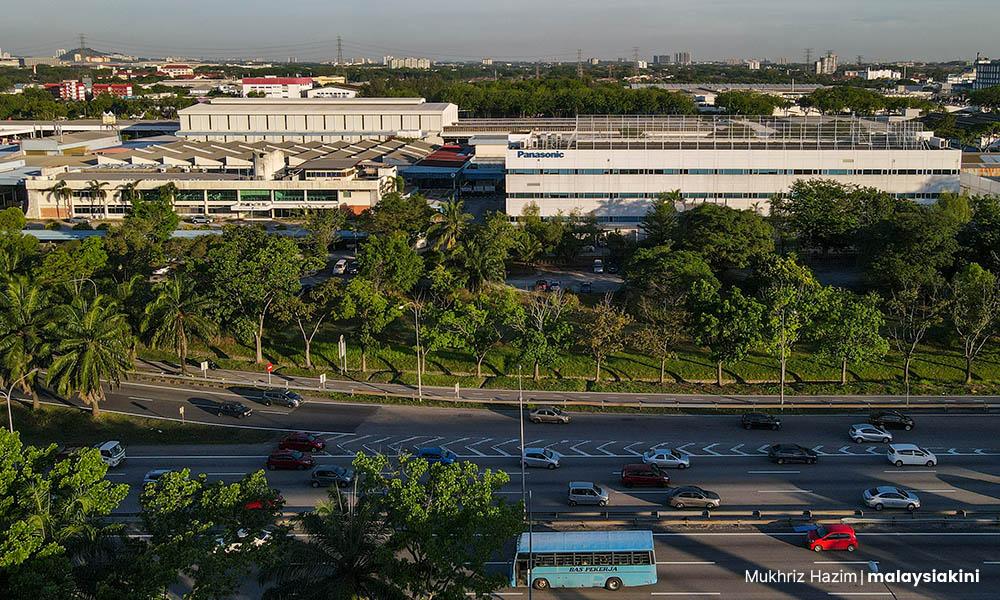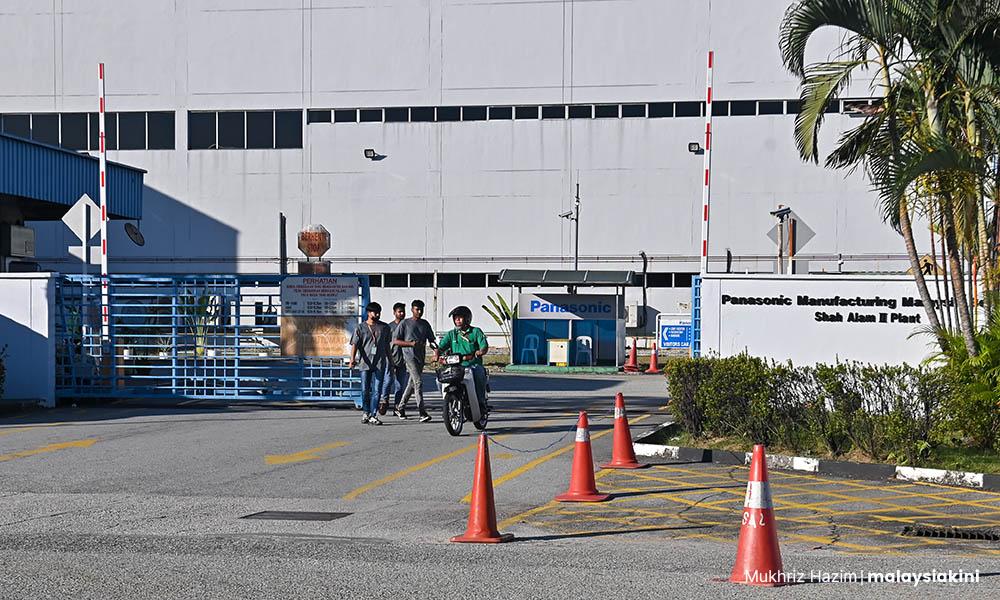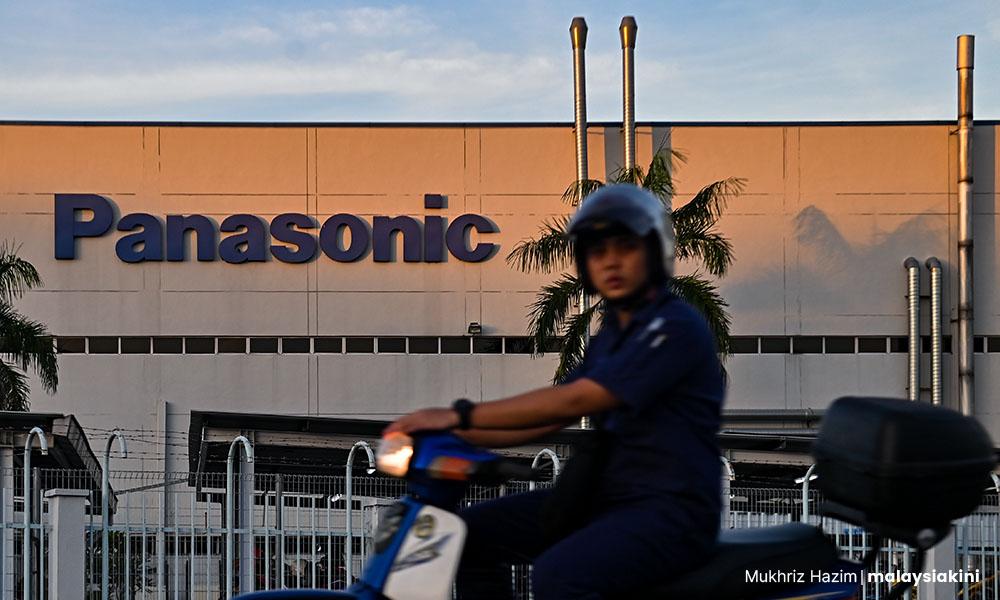Malaysiakini yesterday reported that Panasonic Manufacturing Malaysia Bhd (PMMA) has begun sunsetting its manufacturing plants in the country, potentially leaving close to a thousand Malaysians jobless.
Although PMMA said there is no link, the closures happened amid the manufacturing giant’s defeat in two separate lawsuits last year against its former suppliers, its executive director Chen Ah Huat and employees over alleged fraud to the tune of more than RM3 million.
According to court documents sighted by Malaysiakini, PMMA filed the lawsuits in 2016 and 2017, respectively.
Its first suit was filed against its former supplier Ta Shih Engineering Sdn Bhd, Chen and former employee Ganesan Chinniah Barathan at the Shah Alam High Court in April 2016.
The second suit was brought against another former supplier Transcend Mould Sdn Bhd, as well as Chen and Ganesan at the Shah Alam Sessions Court in March 2017.
Both suits were consolidated and heard together.

What were the lawsuits about?
In a nutshell, PMMA was suing the defendants for allegedly conspiring to cheat the company by creating fictitious quotations, purchase orders, delivery orders and invoices in order to make claims for payments under a pre-payment scheme, which were neither approved nor authorised by the plaintiff’s upper management.
PMMA had also accused the defendants of deducting payment from the pre-payment scheme for repair work that was not verified as having been completed.
The Japanese consumer products giant said the defendants conspired to defraud and cause losses to PMMA through commission payments of five percent commission to pay taxes or service charges to Ta Shih and Transcend.
According to PMMA, the defendants adopted the said pre-payment scheme known as “reservation money” or “parking money”.
The court document revealed that PMMA released RM2.082 million and RM1.301 million to Ta Shih and Transcend from 2011 to 2014 for repair works.
However, PMMA’s management in 2014 discovered that the released funds were due to various acts of alleged fraud by the defendants.
Following the discovery, the company launched a zero corruption framework emphasising transparency, integrity and whistleblowing, and in its 2022 annual report said that “corruption risk” was one of its “key risks”.
The measures include a compliance team overseeing anti-corruption measures.

Who is who?
Ta Shih and Transcend were suppliers that provided PMMA with new dies and moulds, as well as repairing the existing ones.
Chen was a director and an employee of PMMA who supervised the manufacturing and procurement department, which included the Die and Mould Department (DMD). Ganesan was PMMA’s employee in DMD.
They were the primary contacts between the company and suppliers.
Both Ta Shih and Transcend were among many other suppliers engaged by PMMA to supply new dies and moulds and to repair existing ones on a continuous basis.
Chen and Ganesan’s responsibilities included negotiating the pricing of the repair works, managing quotations, purchase orders, delivery orders and invoices between the plaintiff and the suppliers.
They also ensured that proper approval was obtained from PMMA’s upper management for payments to the suppliers, including the proper management of pre-payment scheme sums that had been paid in advance to the suppliers.
What was the verdict?
Delivering his verdict on July 20 last year, Shah Alam High Court judge Che Mohd Ruzima Ghazali found that PMMA had failed to prove its case against the defendants.

The judge ordered PMMA to pay RM154,949 as the amount due and owing to Ta Shih, carrying interest of five percent per annum from the filing date of Ta Shih’s counterclaim on Dec 12, 2018.
As for the cost, he also ordered PMMA to pay RM70,000 to each defendant, subject to the payment of the allocator.
According to various witnesses from both sides, including an independent investigator Satgunasingam Balasingam hired by PMMA, the practice of the pre-payment scheme was already carried out before 2010, during the tenure of the then DMD general manager and department head, Lim Jee Wee.
After Lim’s passing, his successors continued with the practice.
The judge found based on the evidence, that this practice was also the norm for repair works for existing dies and moulds, and budgeted for by the heads of production departments, and not a product of a conspiracy among the defendants.
On allegations that the defendants colluded to use or deduct the money from the pre-payment scheme without the dies or moulds having been repaired, the judge found PMMA could not show that the repair works were not done.
In relation to the use of purported fictitious documents, the court found that the defendants could not have submitted the documents because they had no access to the computerised system to request payment.
Meanwhile, the court also found it to be untrue that the defendants plotted to deduct five percent from the pre-payment scheme sum to both suppliers without any valid reason, causing losses to PMMA.

Ta Shih managing director Liew Huat Heng testified it was PMMA representatives who insisted on the arrangement of “parking money” as an advance payment for works to be done.
The surplus was to be returned at the end of the financial year, he said.
“They agreed to compensate us by allowing us to deduct five percent of the parked money as our administrative charges and to compensate for any sales tax payable on the parked money,” Liew testified.
The judge said while there was no written agreement to this, the evidence, including from PMMA’s Financial Department, showed this was normal practice in the firm.
“The plaintiff’s financial department also accepted the clawback of the unused pre-payment sum from the suppliers without any reservation.
“As a matter of fact, the evidence tendered by both sides showed that there are many other parties involved in the pre-payment scheme or in the five percent retention sum.
“Based on the said failure alone, the plaintiff’s claim against the defendants should collapse,” the judge ruled.
When contacted, PMMA insisted the closures have nothing to do with the outcome of the lawsuit.
It added that the cases “have been successfully resolved”. This was also confirmed by PMMA’s counsel, who was not authorised to reveal further details. - Mkini




No comments:
Post a Comment
Note: Only a member of this blog may post a comment.